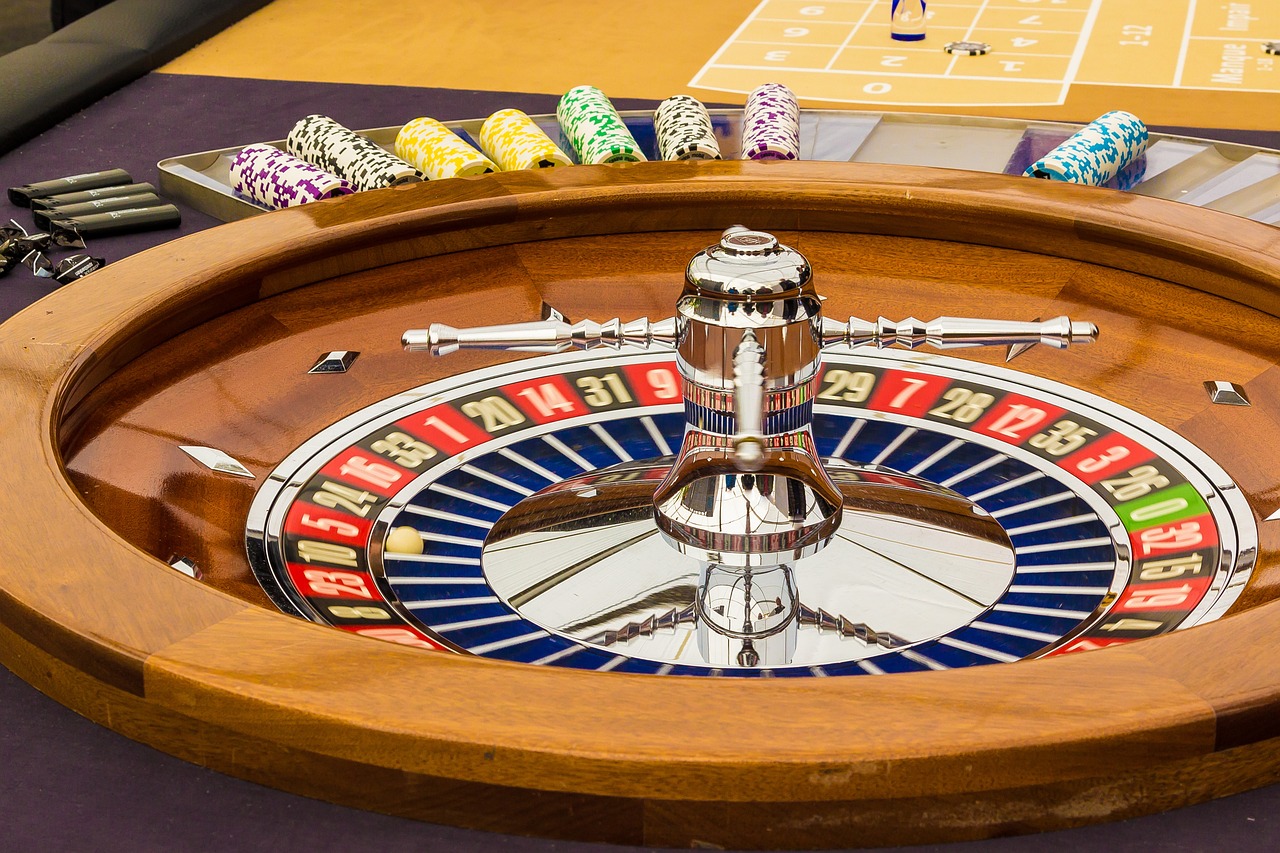Bizzo Casino doesn’t exist as a place. It exists as an architecture of interaction. Its games are not games—they are procedures. Each spin, each bet is a transaction designed to produce data, reinforce patterns, and extract surplus. You are not gambling. You are participating in a protocol optimized for control.
The language of odds hides the mathematics of inequality
People speak of luck. But the system speaks of margins. Return-to-player rates, volatility indexes, payout algorithms—these are not tools for the user. They are instruments of risk displacement. The casino does not gamble. It quantifies your behavior, then monetizes the probabilities it controls. The dice are rigged by design, not error.
User engagement as engineered subordination
Retention metrics dominate platform design. Every feature—popups, streak bonuses, reward notifications—is tuned to stretch attention. You don’t play. You are played. The user becomes predictable, then profitable. Time is not leisure here—it is an asset being leveraged. Disengagement is not failure to the system; it is inefficiency.
Capitalism’s new limbs are interactive
In classical capitalism, the factory had machines. Now the machines have avatars. The casino is not outside the economy—it is the economy. It teaches us to accept asymmetry. You invest; they harvest. You risk; they calculate. Profit, once derived from labor, now emerges from interface-induced compulsion.
False agency is the new realism
The player chooses. But only from options permitted by the code. This is not freedom. This is sandbox autonomy—gestures of choice framed within predictive algorithms. Platform capitalism perfects this illusion. The user clicks. The system learns. Freedom becomes a UI element. Even rebellion is gamified.
From work to wager: the recomposition of precarity
In precapitalist societies, risk was environmental. In Fordism, it was employment. Now, it’s internalized. The platform tells you to try again. That maybe this time, it pays off. This mimics gig work. Flexibility replaces structure. But with none of the protections. It is economic Darwinism wrapped in digital design.
Casinos are no longer exception—they are model

What once was a fringe zone—a Vegas backroom—is now template. Banks, apps, delivery platforms—they adopt casino logic. Behavioral nudges. Reward loops. Dynamic pricing. This is the gamification of life. Not for entertainment, but for extraction. The casino does not mimic capitalism. Capitalism has become the casino.
Spectacle as infrastructure
There is no show without manipulation. Graphics, leaderboards, jackpots—all simulate momentum. You are made to feel the presence of progress. But it’s synthetic. Like a treadmill programmed to cheer you on. Nothing moves. Everything loops. Loss is masked as movement. Stillness is encoded as your fault.
Shame is the firewall
Winners post. Losers vanish. This asymmetry is intentional. The system cannot afford reflection. So it isolates loss. Internalizes blame. You didn’t play smart. You lost control. The architecture reframes systemic extraction as personal failure. Capital’s cruelty becomes your burden. Its machine runs on your silence.
To dismantle the platform is to reimagine design
Critique is not enough. We must confront the aesthetic of control. The casino is not just a business—it is a pedagogy. It teaches resignation. It teaches obedience. Radical design must teach rupture. We need interfaces that deprogram, systems that misbehave, platforms that refuse to optimize exploitation. Otherwise, we spin forever.


